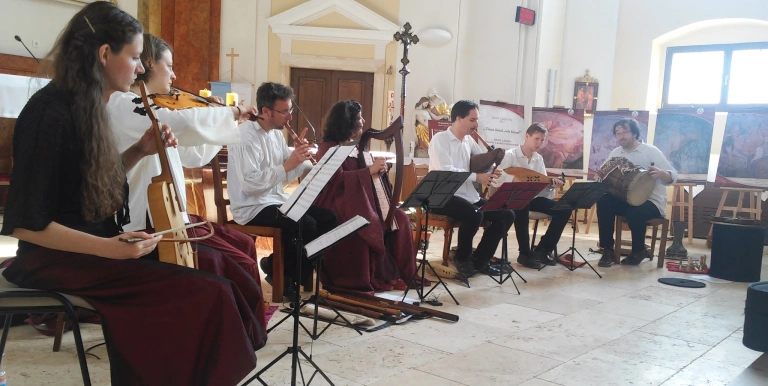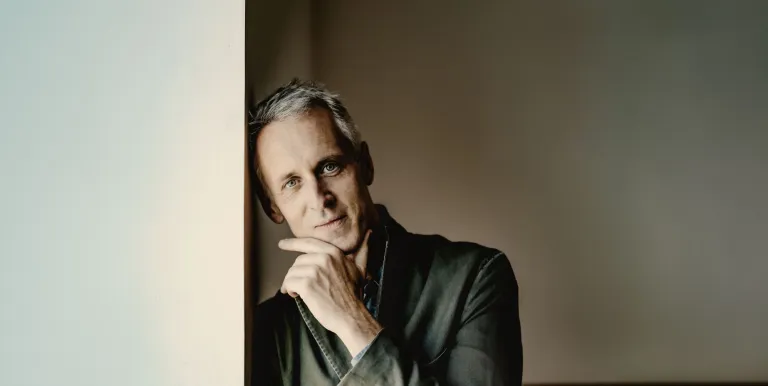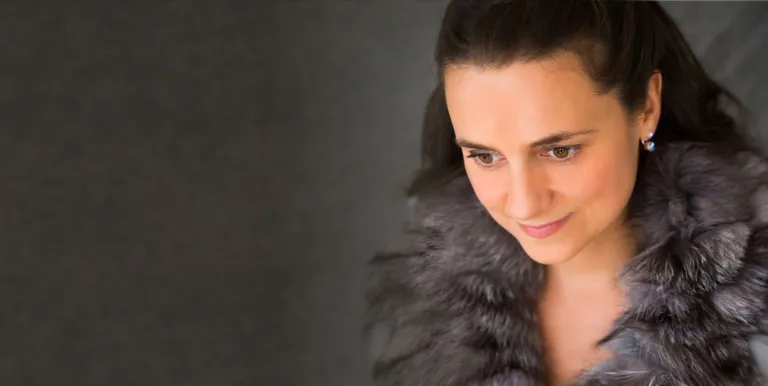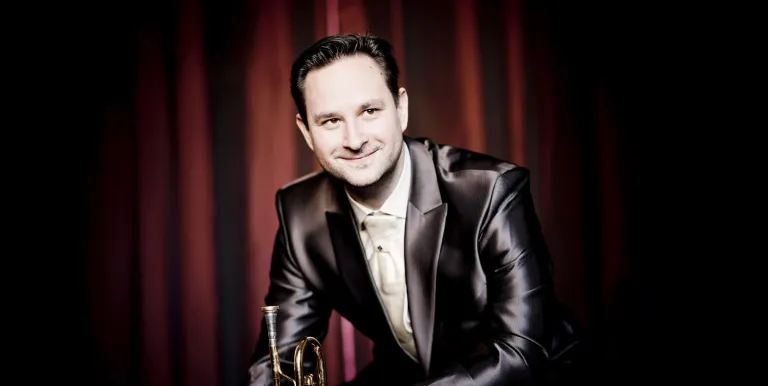Musica Historica Ensemble:
Guest:
Featuring:
Songs by Raimbaut de Vaqueiras, Bernart de Ventadorn, Marcabru, Peire Vidal, Gaucelm Faidit and other unknown troubadours (12th and 13th centuries)
Galician love songs by Martin Codax (13th century)
Italian saltarellos and istanpitta (13th and 14th centuries)
Occitan instrumental music (folk tradition)
Latin student songs from the Carmina Burana codex (approx. 1300)
Even in the Middle Ages, the Mediterranean Basin retained its significance in terms of both European history and the arts. Beyond the influence of its ancient culture, the new secular literature written in the native languages of the local populations found both fertile ground and a receptive audience. In what is now the South of France, the formal language of courtly love poetry was cultivated by the Occitan-speaking troubadours. This tradition was developed further by the trouvères of northern France, and later by their Galician, Italian and German-speaking successors, who spread it all over Europe. These poets of eight centuries ago were not only lyrical innovators, they were also singers and composers. Their ranks included just as many noble and even monarchs (English king Richard the Lionheart, for example) as it did craftsmen, who were able to achieve prominence through their art. Two famous troubadours, Peire Vidal and Gaucelm Faidi, even made it as far as Hungary, visiting the 12th-century court of King Imre. In the monophonic music of the troubadours, the ancient legacy could be combined with the musical culture of the Arabs and the possibilities offered by the new instruments introduced from the Orient, such as the stringed rebab and rebek.
Providing a taste of this fresh-sounding, springtime-inspired music are the Musica Historica Ensemble and a true latter-day troubadour who also excels at improvisation, Miquèu Montanaro. The audience will be able to hear early gems of this fin'amor love poetry in a Hungarian translation from an anthology of the same name. Some of the melodies evoke the music of the Iberian peninsula, with others from the Carmina Burana codex preserving the Latin songs of French and German students, while there is even some Italian dance music included.
Presented by: Müpa Budapest
-
We wish to inform you that in the event that Müpa Budapest's underground garage and outdoor car park are operating at full capacity, it is advisable to plan for increased waiting times when you arrive. In order to avoid this, we recommend that you depart for our events in time, so that you you can find the ideal parking spot quickly and smoothly and arrive for our performance in comfort. The Müpa Budapest underground garage gates will be operated by an automatic number plate recognition system. Parking is free of charge for visitors with tickets to any of our paid performances on that given day. The detailed parking policy of Müpa Budapest is available here.










